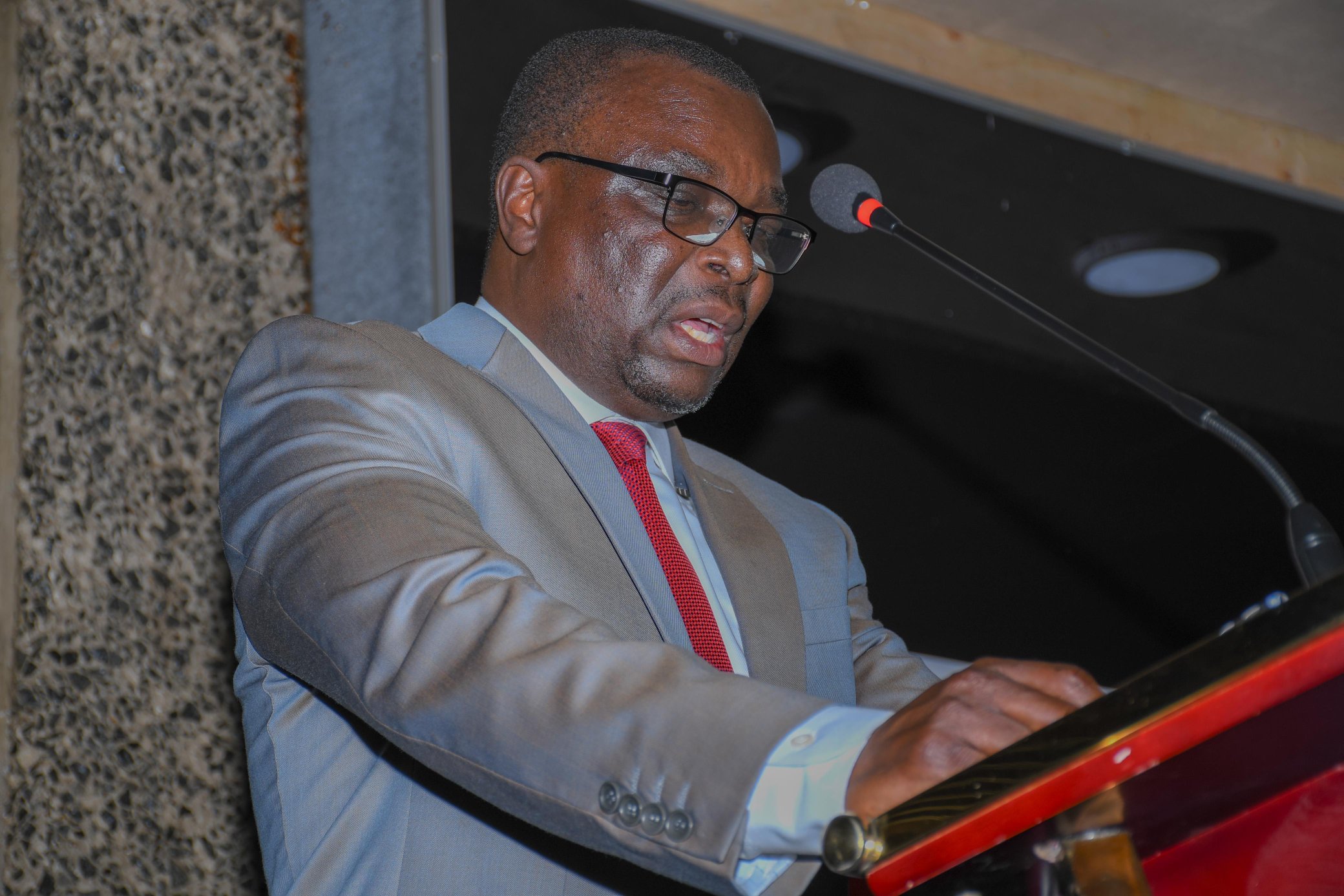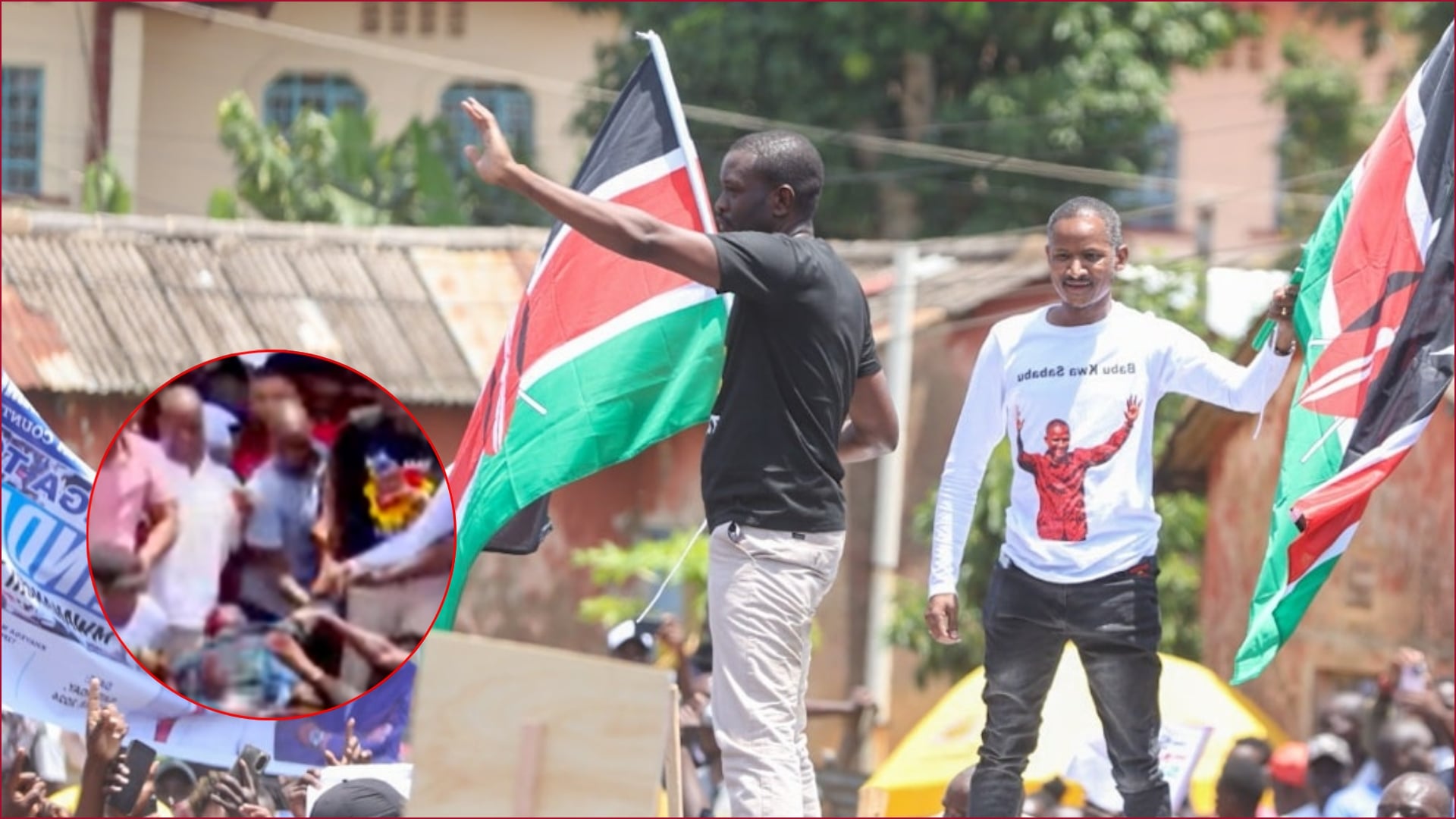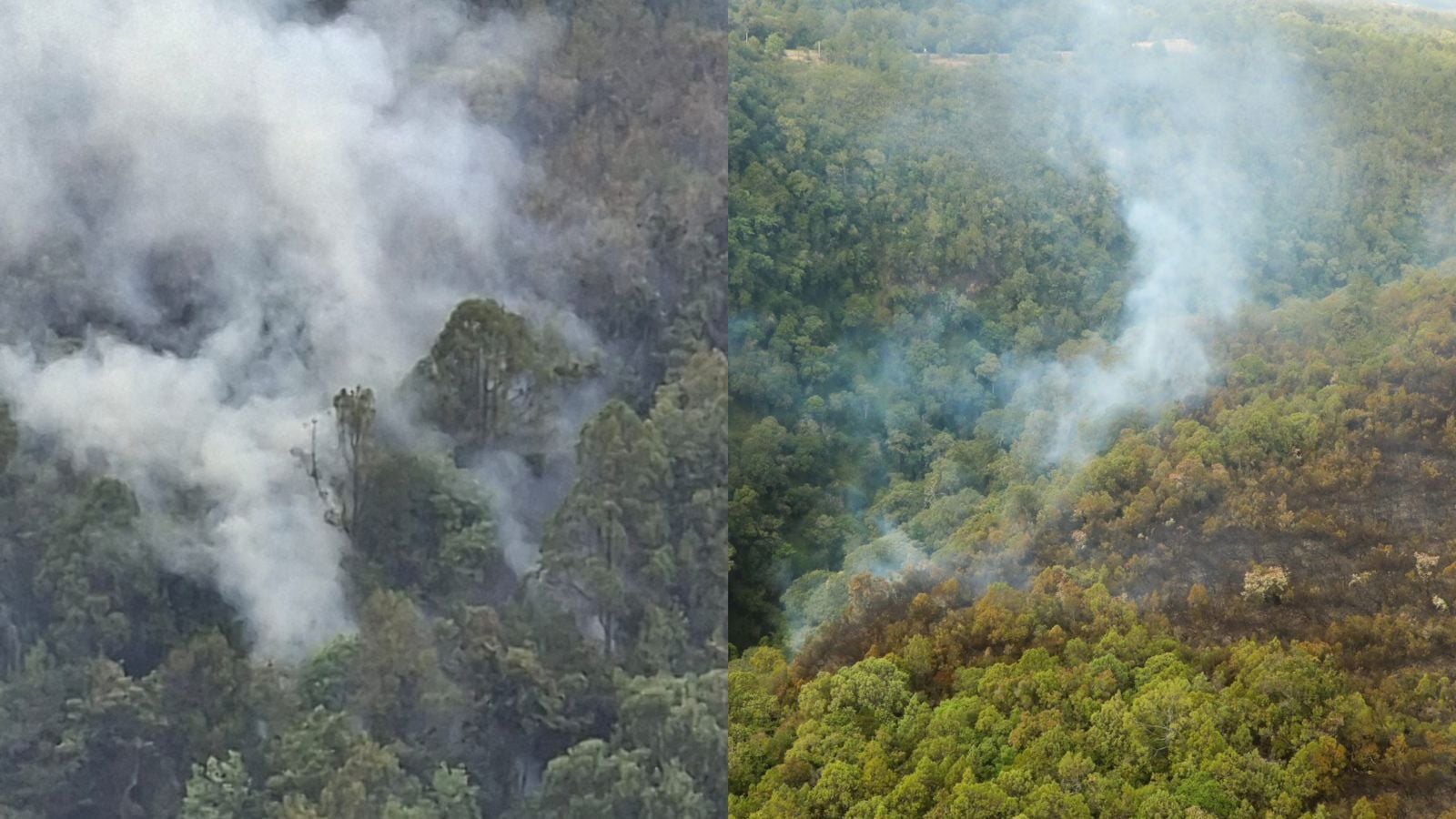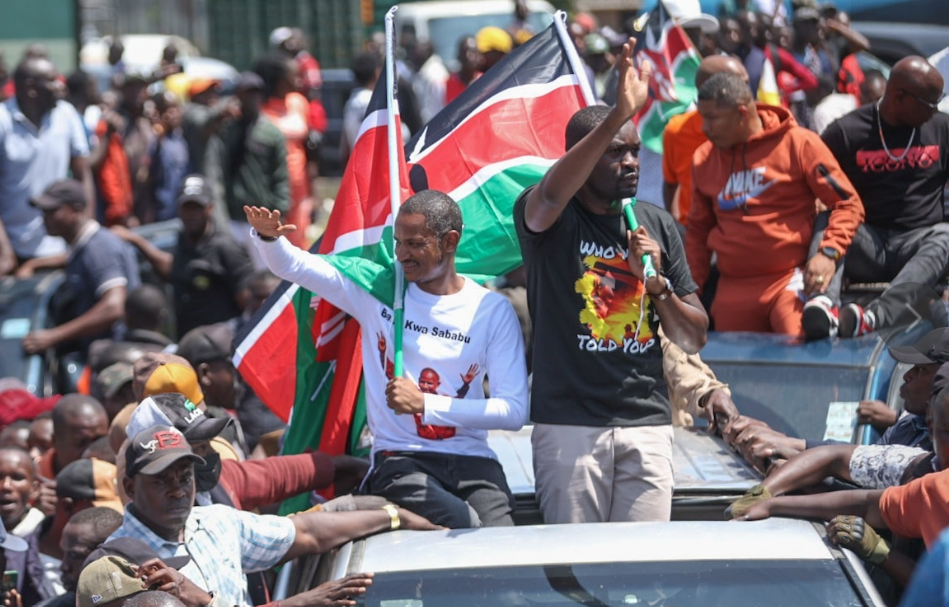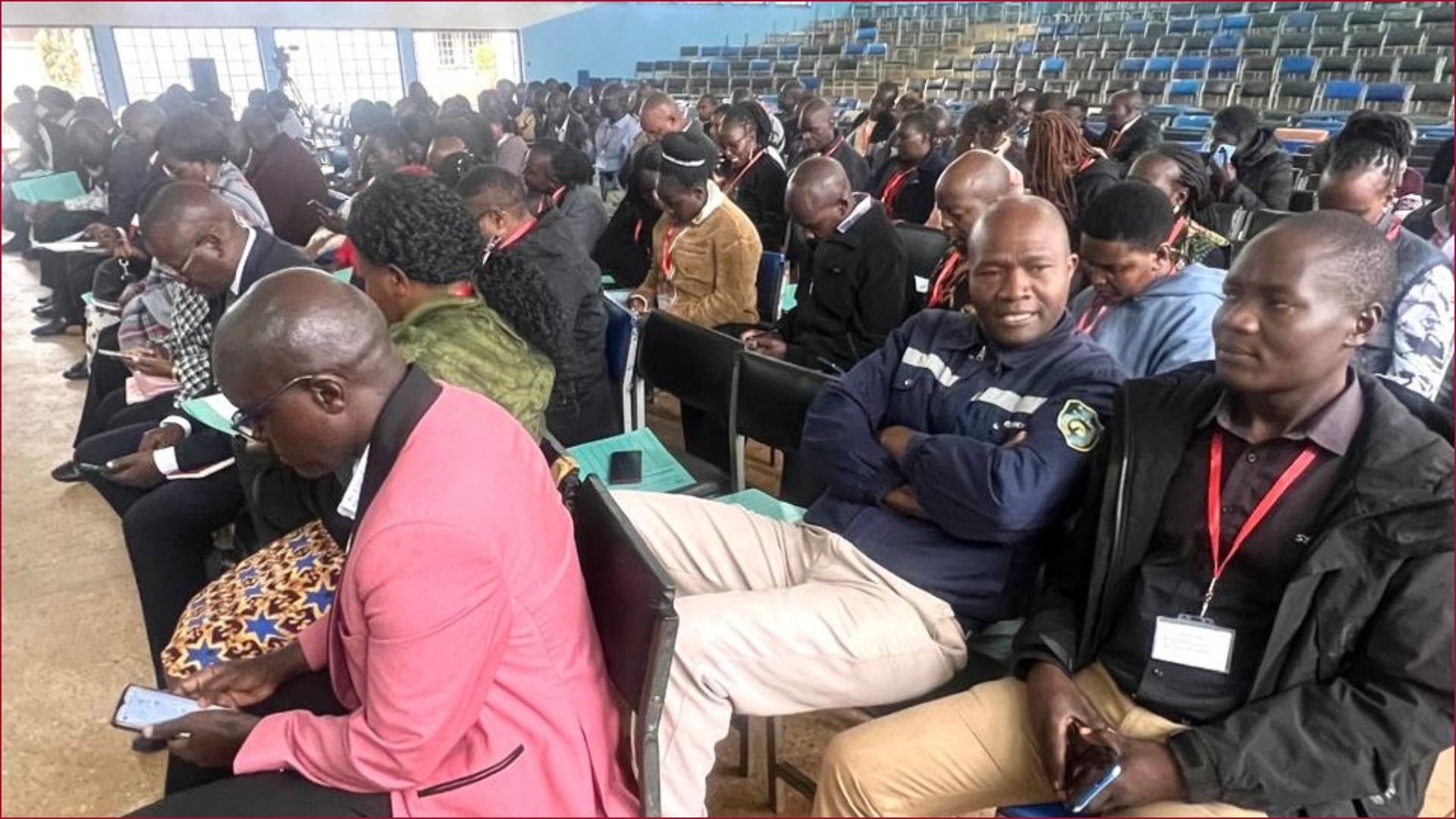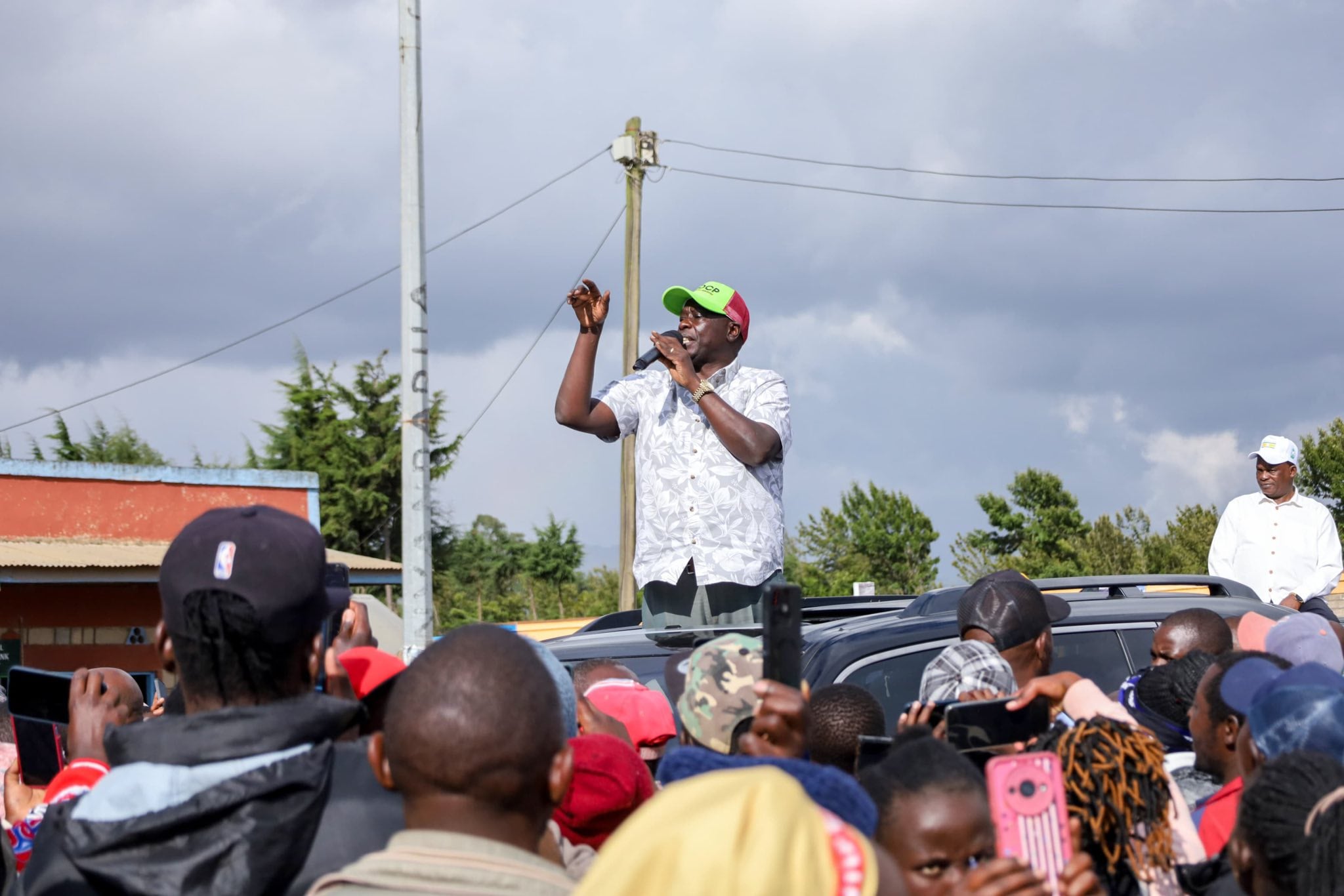The Kenya National Bureau of Statistics (KNBS) has backed two petitions seeking the formal recognition of the Pare and Chuka communities as distinct tribes in Kenya.
KNBS Director General, Dr. Macdonald Obudho, while appearing before a parliamentary committee chaired by Janet Sitienei on Wednesday, June 18, emphasized the importance of accurate ethnic and tribal data, particularly in a culturally diverse country like Kenya.
Obudho noted that such data is crucial for purposes including resource allocation, representation and inclusion, policy formulation, cultural preservation, social integration, and conflict resolution.
“Over the years, various communities living in Kenya have sought to be recognized as distinct tribes or sub-tribes,” said Obudho.
He continued, “This drive is often motivated by the desire to access statistical data, claim rightful entitlements, and promote community interests.”
Read More
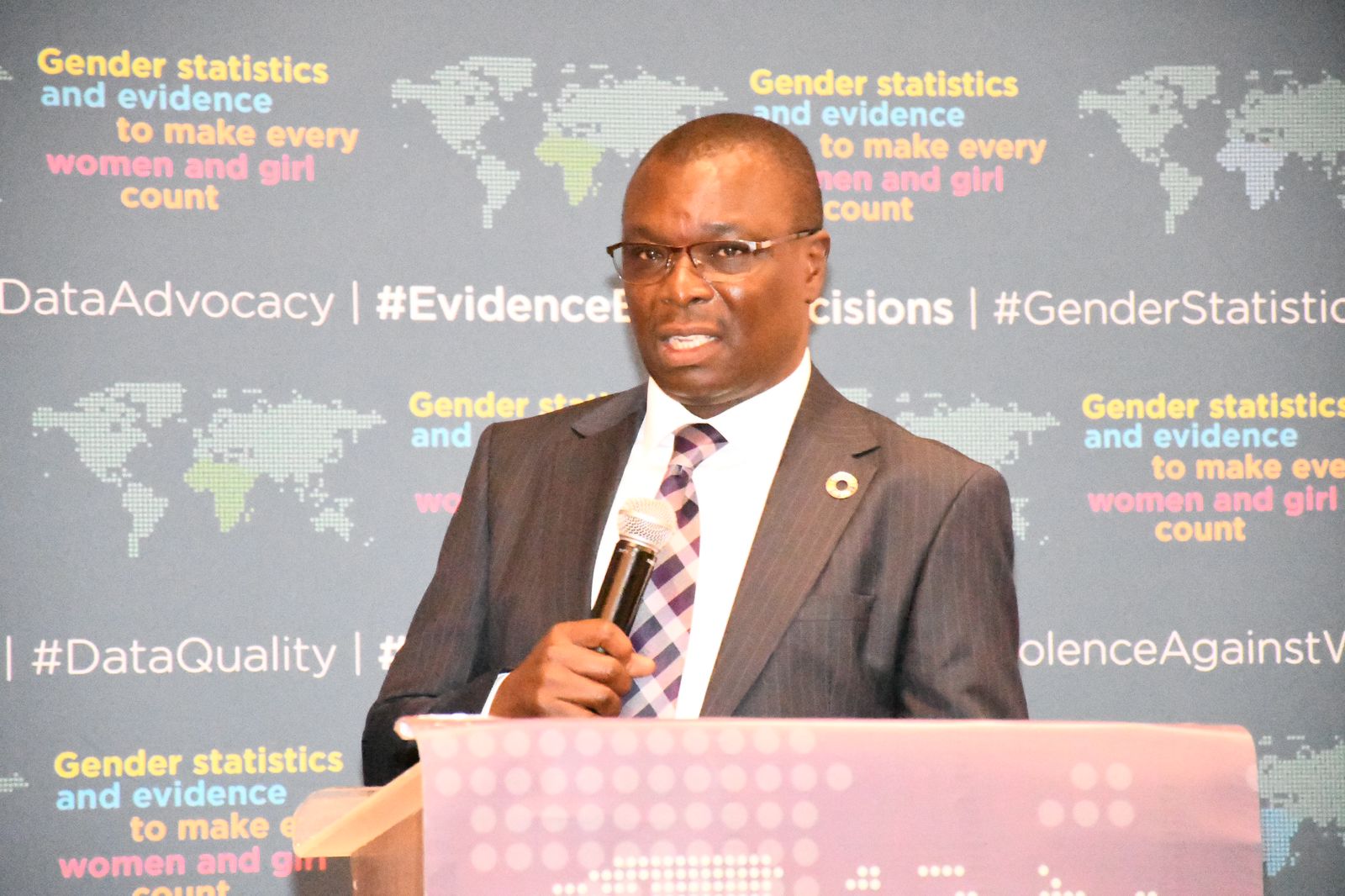
The KNBS Director General also informed the Committee that communities such as the Makonde, Kenyans of Asian heritage, Shona, and Pemba, who were previously stateless, had been recognized as ethnic groups in Kenya within the last decade following formal petitions to the government.
The Pare community, which primarily resides in Taveta Constituency, Taita Taveta County, was listed among the 6,272 stateless persons during the 2019 Kenya Population and Housing Census (KPHC).
The Chuka community, on the other hand, is predominantly found in Tharaka-Nithi County and is considered one of the nine sub-groups of the Meru ethnic community.
During the session, the members of the committee raised concerns over the continued existence of stateless persons more than 60 years after independence.
“Considering Article 16 of the Constitution outlines the conditions for citizenship, why has the Government neglected communities that have lived on this land long before national borders were drawn?” Committee Vice Chairperson Sitienei posed.
Obudho clarified that KNBS is responsible for data collection and that the mandate to recognize and gazette ethnic communities squarely lies with the Ministry of Interior and National Administration.
He urged Parliament to expedite consideration of the two petitions and to collaborate with the Ministry to ensure recognition of all communities ahead of the 2029 national census.
“Statistical accuracy is best achieved when data is collected at the most distinct level. Avoiding the generalization of communities will enhance equality and ensure that all Kenyans are accounted for,” Obudho concluded.
